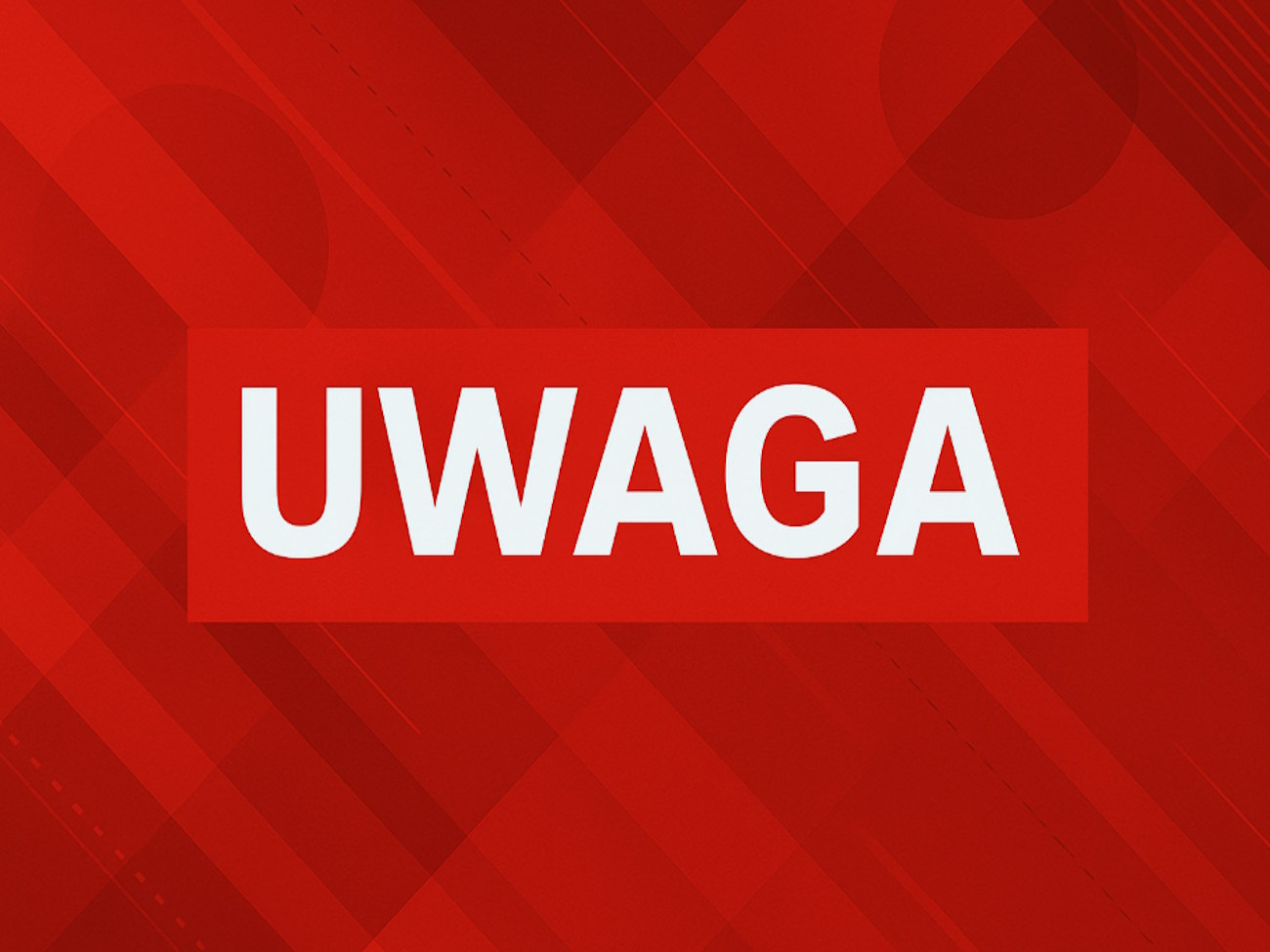President Donald Trump's administration directive, aimed at programmes of diversity, equality and social inclusion (DEI), began to operate outside the United States. French companies with contracts with the US government were forced to sign a declaration of compliance with the fresh regulation, which was faced with fierce opposition in France and caused concern throughout the European Union.
On March 26, president Trump signed Executive Regulation 14173 under the name Ending Illegal Discrimination and Restoring Merit-based Opportunities. It orders all national contractors, regardless of their location or nationality, to complete their DEI-related practices. The aim, according to the White House, is to “restore the principles of meritocracy” and “to end illegal racial and ideological discrimination”.
In practice, this means that even non-US companies, specified as French defence, engineering or pharmaceutical companies, which have any contractual relation with the US Government, have been obliged to sign a declaration confirming compliance with the fresh rules.
According to the diary reports, Les Echos, letters of instruction and form were sent by the American embassy in Paris to “many twelve French companies”. The letter includes a request to sign an English-speaking paper within 5 days, under the safety of transferring the case to the US legal services.
The French government reacted decisively. A typical of the Ministry of Finance, close to Minister Éric Lombard, informed the agency Reuters that the case would be raised in talks with the American authorities.
"This practice reflects the values of the fresh American administration. However, these are not the values that France shares. The minister will make it clear to his counterparts in Washington, D.C.," said the official.
France has been promoting equality and inclusiveness in the workplace for years as a cornerstone of social and economical policy. Trump's actions were perceived as an effort to interfere with the sovereignty and values of European countries.
So far, the U.S. embassy in Paris has not officially referred to the case. Neither was it disclosed which companies received the aforementioned correspondence. However, by Le Figaro This is mainly about defence, infrastructure and high-tech actors.
Uncertainty about the possible consequences for companies refusing to sign the declaration creates strong tensions. Many businesses are faced with a dilemma: to agree to fresh conditions and to exposure public opinion in the country to criticism or to refuse and hazard losing lucrative contracts with the US administration.
W Germany's subject sparked a heated discussion in the business environment. The national Ministry of Economy and Climate Protection acknowledged that it was analyzing the situation and checking whether akin writings were sent to German companies.
Italian diary Il Sole 24 Ore reported that at least 3 companies from northern Italy, cooperating with the US defence sector, besides received a form to sign. The Italian government has not yet taken a position, but the Confindustria industrial union has identified Washington's demands as "a precedent that requires a common European response".
In Spain, according to El País, the government is investigating the substance in cooperation with the European Union. The European Commission spokesperson said briefly:
"This is simply a transatlantic issue that may affect the principles of fair competition in global tenders".
Brussels on standby
The European Commission is increasingly convinced that the Trump administration's actions may constitute a violation of planet Trade Organisation (WTO) rules. The introduction of political and ideological conditions in public tenders by 1 of the parties may be regarded as unfair commercial practice.
Internal marketplace Commissioner Thierry Breton announced that Brussels "will monitor the situation and take action if European companies are forced to break local law or EU equality rules".
The European Union has already signalled its readiness to introduce mechanisms to defend European companies from abroad pressures, including by government on “esteritism of law”.
President Donald Trump already in his first word questioned the sense of DEI programs, recognizing them as “rasist towards white” and “ideologically motivated”. In the electoral run of 2024, he announced that after taking office he would destruct all programmes supporting diversity and introduce "pure meritocracy".
During the first months of his second term, Trump banned DEI programs in national agencies, army and colleges funded from the state budget. His administration is now promoting this policy besides abroad, among global contractors.
For many observers it is an effort to export a conservative cultural revolution to the global arena. Human rights organisations, including the UN, are informing that the U.S. under Trump is leaving human rights standards.
Michelle Bachelet, erstwhile UN advanced Commissioner on Human Rights, stated that "we are witnessing a fundamental reversal of US human rights and equality obligations."
The situation has put European companies in a very hard position. On the 1 hand, they want to keep contracts with 1 of the most powerful trading partners in the world, on the other, they do not want to break the legal and ethical rules in their countries.
Possible scenarios include:
- Bilateral negotiations: France and another countries may hold talks with the US to exclude European companies from the decree.
- Judicial actions: Companies can effort to assert their rights in court, both in the US and in Europe.
- Union response: Brussels can introduce its own rules to defend EU companies from ideological coercion in global contracts.
- Withdrawals: any companies may opt to resign from contracts with the US if they conflict with their values or local law.
Conclusion
Trump's fresh administration policy is not only an interior change in US course, but besides an component of wider transatlantic tension. The effort to impose ideological conditions on European companies may have serious economical and political consequences. Europe is facing a challenge: how to keep its values, defend business interests and at the same time not deepen its already tense relations with the Washington administration.
Regardless of the further improvement of the situation, 1 thing is certain: the boundary between interior policy and global trade is becoming little clear.














